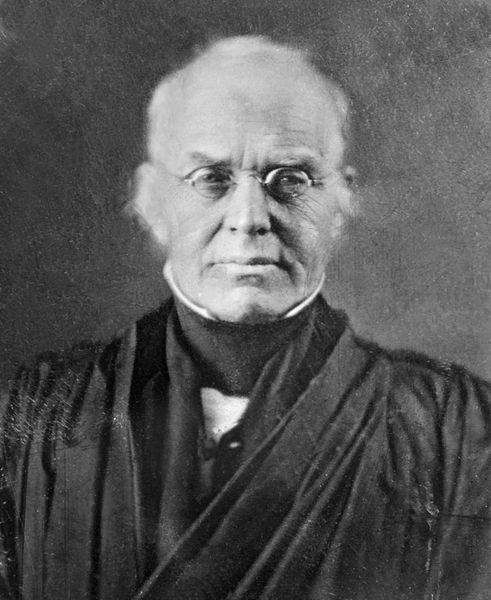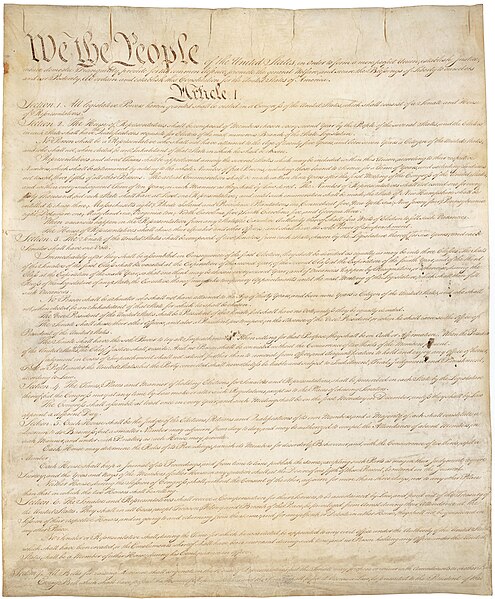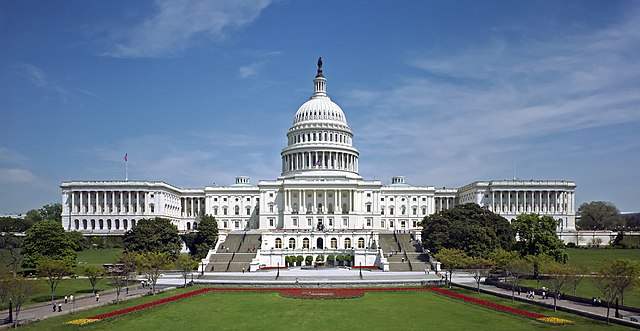A class action, also known as a class action lawsuit, class suit, or representative action, is a type of lawsuit where one of the parties is a group of people who are represented collectively by a member or members of that group. The class action originated in the United States and is still predominantly an American phenomenon, but Canada, as well as several European countries with civil law, have made changes in recent years to allow consumer organizations to bring claims on behalf of consumers.
Engraving of the Star Chamber, published in "Old and new London" in 1873, taken from a drawing made in 1836
Associate Justice Joseph Story
The law of the United States comprises many levels of codified and uncodified forms of law, of which the most important is the nation's Constitution, which prescribes the foundation of the federal government of the United States, as well as various civil liberties. The Constitution sets out the boundaries of federal law, which consists of Acts of Congress, treaties ratified by the Senate, regulations promulgated by the executive branch, and case law originating from the federal judiciary. The United States Code is the official compilation and codification of general and permanent federal statutory law.
Constitution of the United States
The United States Congress enacts federal statutes in accordance with the Constitution.
The Supreme Court of the United States is the highest authority in interpreting federal law, including the federal Constitution, federal statutes, and federal regulations.
Law affects every aspect of American life, including parking lots. Note the citations to statutes on the sign.






